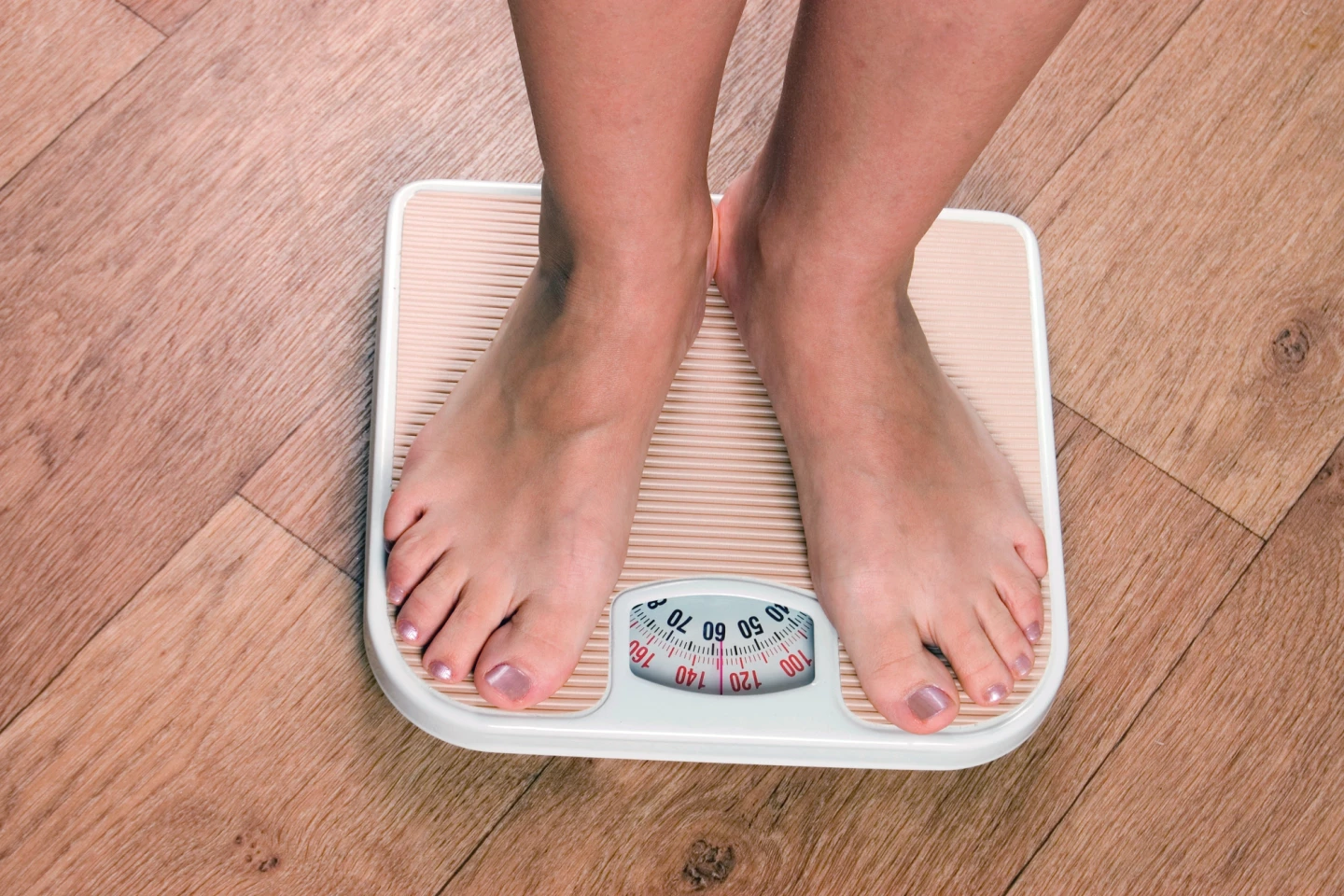Large weight swings or weight loss in later life aren’t just physical health risks, they’re tied to fast memory and cognitive decline, a new study has found. It underscores the importance of weight stability for brain health in older adults.
As we move through life, we’re told to maintain a healthy weight to address the risk factors for so many conditions, like heart disease, type 2 diabetes, and some cancers. But what effect does losing weight have on an older person’s cognitive functioning?
In a new study led by Pennsylvania State University (Penn State), researchers wanted to understand how changes in body weight and composition affected memory and thinking abilities in older adults. Instead of looking at one moment in time, they focused on how much weight and body size fluctuated over a long period.
“We examined 11 years of data related to weight, body mass index and waist circumference,” said Muzi Na, PhD, the study’s corresponding author and an associate professor in Penn State’s Nutritional Sciences Department. “We conducted three different types of analysis on how those measures compared to cognitive decline. Any way we looked at the data, the relationship was crystal clear – the more a person’s weight varied from year to year, the faster that person experienced cognitive decline.”
The researchers used data from 4,304 adults aged 65 and older in the National Health and Aging Trends Study (NHATS). Participants’ weight, waist size, and body mass index (BMI) were tracked, along with their performance on tests of memory, orientation (for example, knowing the date and who the president is), and executive function (such as drawing a clock face). Data was tracked for up to 11 years, with an average follow-up of six-and-a-half years.
Analyzing the data using statistical methods, the researchers adjusted for age, sex, race, smoking status, depression, anxiety, chronic diseases, and income. They found that people whose BMI, body weight, or waist circumference varied the most showed the steepest cognitive decline. Losing 5% or more of body weight or BMI was especially harmful. These participants had nearly double the rate of cognitive decline compared with those whose weight stayed stable. Weight cycling – that is, losing then regaining weight – was also risky. In particular, cycling body weight predicted faster cognitive decline than staying stable. Participants who maintained a steady body size generally had slower decline in memory and thinking.

“As people age, their cognitive ability tends to gradually decline,” Na said. “This is natural, and we saw this in the sample. But we also saw that people whose weight varied the most experienced more rapid cognitive declines.”
Importantly, because the study was observational, it cannot prove cause and effect. Weight changes could reflect underlying health issues that also drive cognitive decline. The study had other limitations, too. There were no direct measurements of muscle mass, diet, or physical activity. A measure of grip strength was included, but it’s an imperfect measure of muscle loss. Participants were mostly White; results may not apply equally across all racial and ethnic groups. The researchers couldn’t fully separate the effects of intentional versus unintentional weight loss. For example, weight loss from dieting might differ from weight loss due to illness.
“Mid-life obesity is a known risk factor for cognitive decline later in life, but there is an ‘obesity paradox’ associating late-life obesity with a healthier cognitive trajectory,” said Na. “Some studies have revealed a complex interplay between age-related muscle mass loss and fat gain in older adults, and our study does not suggest older adults should gain weight.”
The researchers said that the study highlights a practicality regarding the way weight is monitored, particularly during visits to the doctor.
“From one doctor’s appointment to the next, the way weight is measured may not be consistent,” said Na. “Perhaps you have your coat and shoes on one time, and the next time you are in light clothes and socks. To make sure you understand what is happening to their body and brain, older adults should track their weight at home in a more consistent way.
“For example, a person could weigh themselves around the same time in the morning after getting up, before breakfast and a bathroom trip while wearing the same pajamas. This would provide them with very consistent data. Then, if their weight is not stable, they need to let their physicians know.”
The study was published in the journal Obesity.
Source: Penn State






